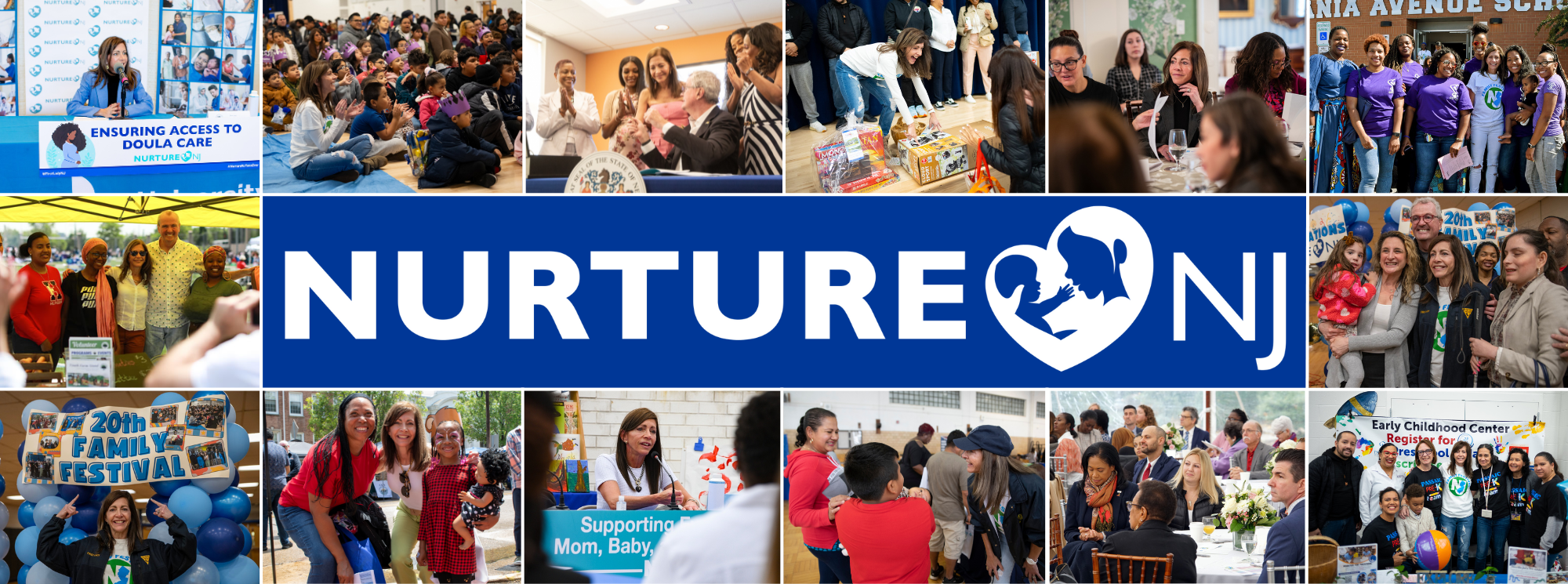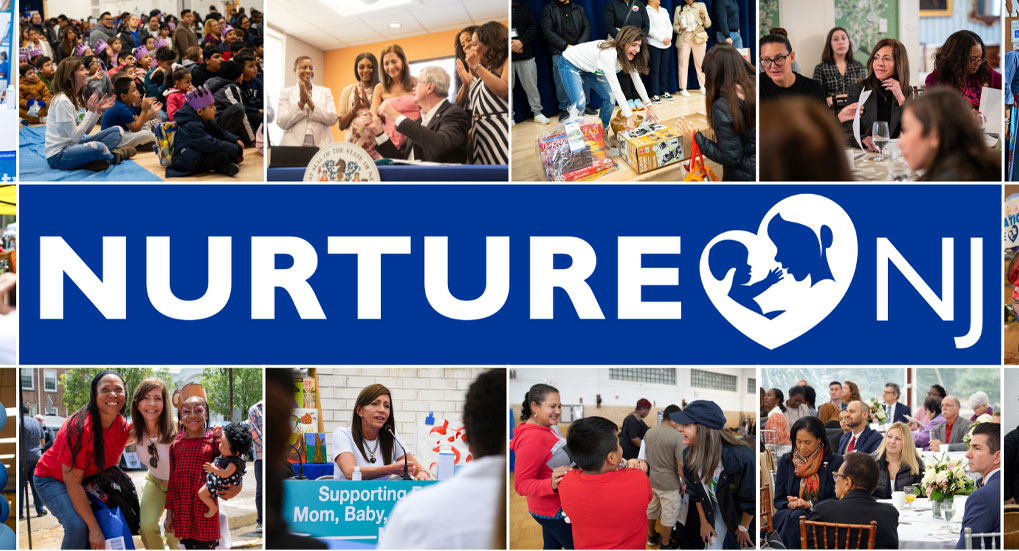Nurture NJ Strategic Plan
Family Connects NJ
Black Maternal Health Week 2025
Maternal Health Hospital Report Card
Nurture NJ
Combating New Jersey’s Maternal and Infant Mortality Crisis
On Maternal Health Awareness Day 2019, First Lady Tammy Murphy launched Nurture NJ, a statewide initiative committed to transforming New Jersey into the safest and most equitable state in the nation to deliver and raise a baby.
Currently, New Jersey is ranked 28th in the nation for maternal deaths[1] and has one of the widest racial disparities for both maternal and infant mortality. A Black mother in New Jersey is almost seven times more likely than a white mother to die from maternity-related complications, and a Black baby is over three times more likely than a white baby to die before his or her first birthday. For Hispanic mothers, the rate is 3.5 compared with white mothers and for Hispanic babies, the rate is 1.6.[2]
This is completely unacceptable. We should not be losing any mothers or babies in childbirth.
At the root of these disparities lies generations of systemic racism and its effect on social determinants of health. These factors have historically limited women and infants, especially Black moms and babies, from having the opportunity to simply be healthy.
To change course on this abhorrent reality, we are making long-term, sustainable changes to completely transform the maternal health landscape of our state and every fundamental element influencing a mother’s life and health.
In January 2021, the First Lady unveiled the Nurture NJ Maternal and Infant Health Strategic Plan - a blueprint to improve the state’s maternal and infant health outcomes. This plan was the culmination of over a year of in-person and virtual meetings with hundreds of critical stakeholders, including national public health experts, New Jersey state departments and agencies, health systems, physicians, doulas, community organizations, and mothers and families.
Nurture NJ encompasses the entire work of the Murphy Administration on maternal and infant health. In addition to the Strategic Plan, Nurture NJ’s ongoing efforts include over 70 pieces of maternal and infant health legislation signed by Governor Murphy, funding for groundbreaking programs and policies, an annual Black Maternal and Infant Health Leadership Summit, a Family Festival event series, and the development of a first-of-its-kind Maternal and Infant Health Innovation Authority to continue the work beyond this administration.
Together, we are solving this crisis and will make New Jersey the safest, most equitable place in the nation to deliver and raise a baby.
Events
Family Festivals
Connecting families with all of New Jersey’s programs and resources is one of the best ways we can help them thrive!
Family Festivals are large-scale events where we bring together representatives from state, county and local programs such as WIC, food banks, housing assistance programs, and much, much more. At these kid-friendly events, families can also access health screenings, breastfeeding support, energy assistance programs, local child care programs and additional services.
Children can enjoy free food, music, face painting, balloon animals, and other fun activities while parents and caregivers sign up for services, get direct answers from organizations and government departments, and learn more about the programs and resources available to them!
Since 2018, First Lady Tammy Murphy has hosted 23 festivals (and counting!) in Paterson, Trenton, Camden, Newark (2019 and 2022), Jersey City, and more, and connected over 15,000 families with nearly state, county and local programs and organizations.
Thank you to the Nicholson Foundation and the Burke Foundation for their support of these festivals.
For more information, please contact familyfestival@nj.gov.
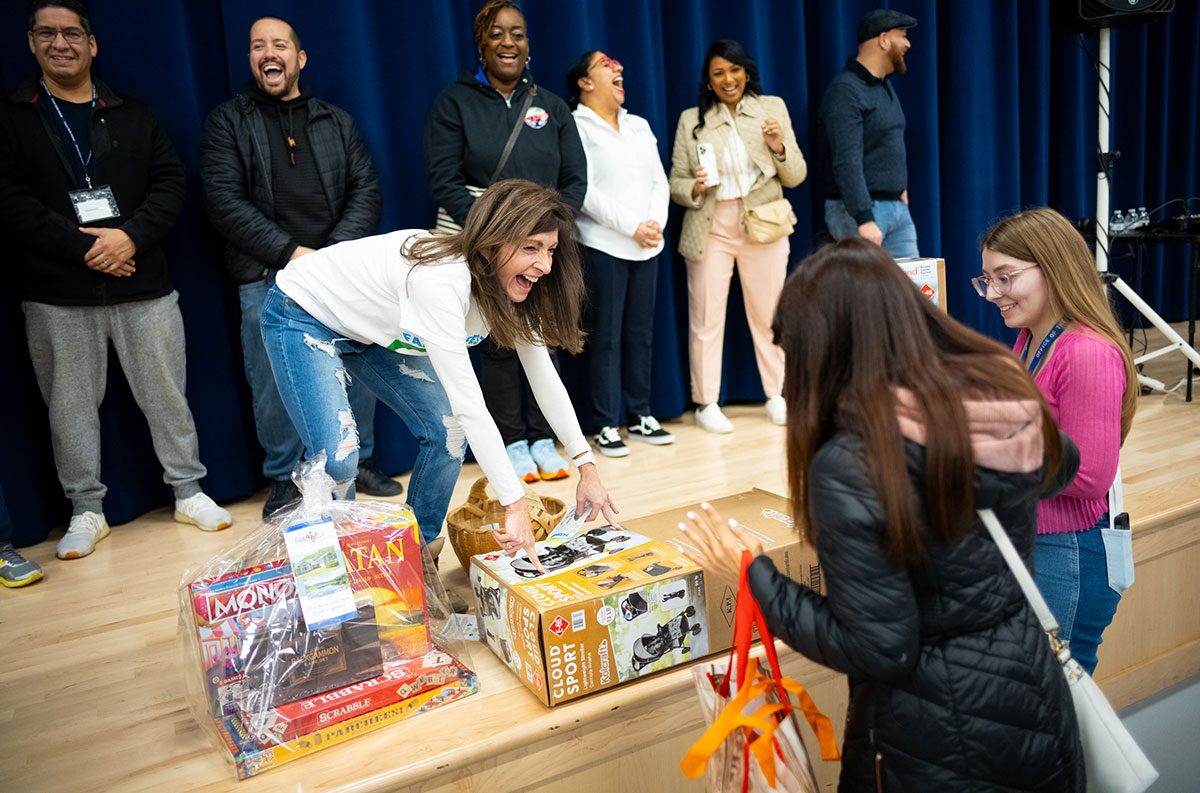
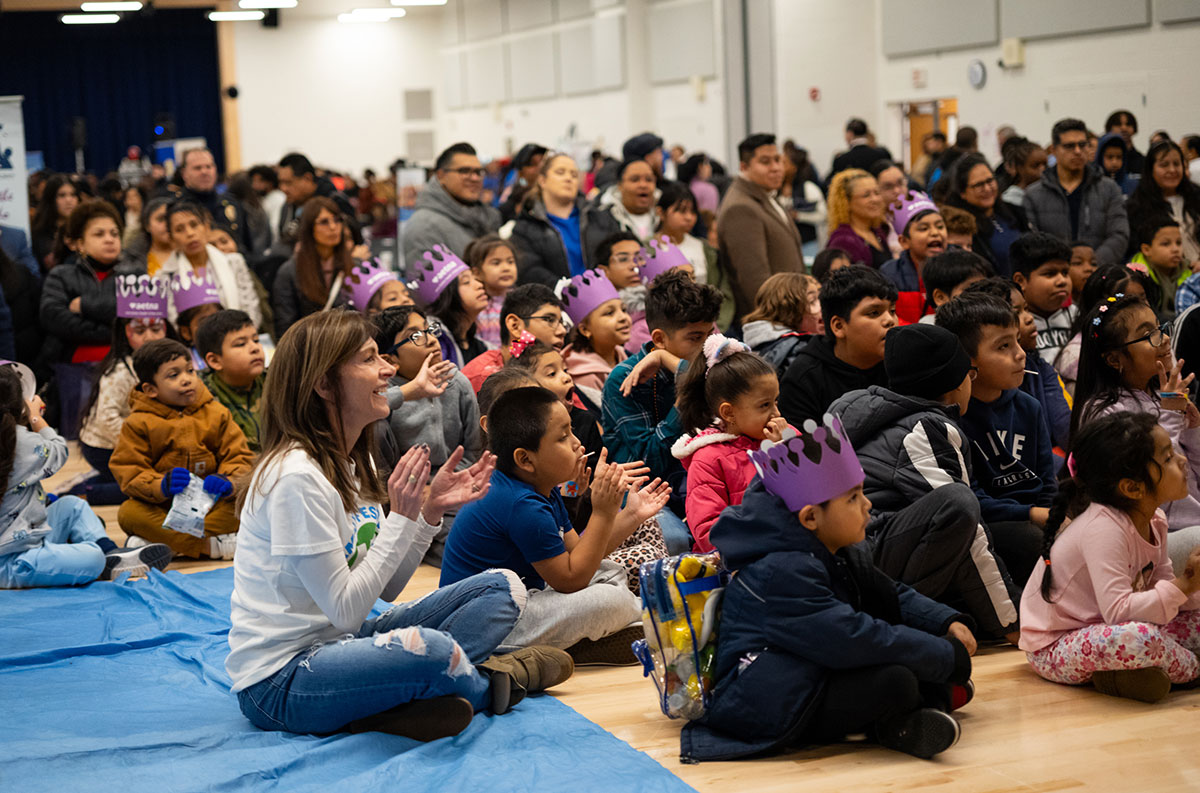
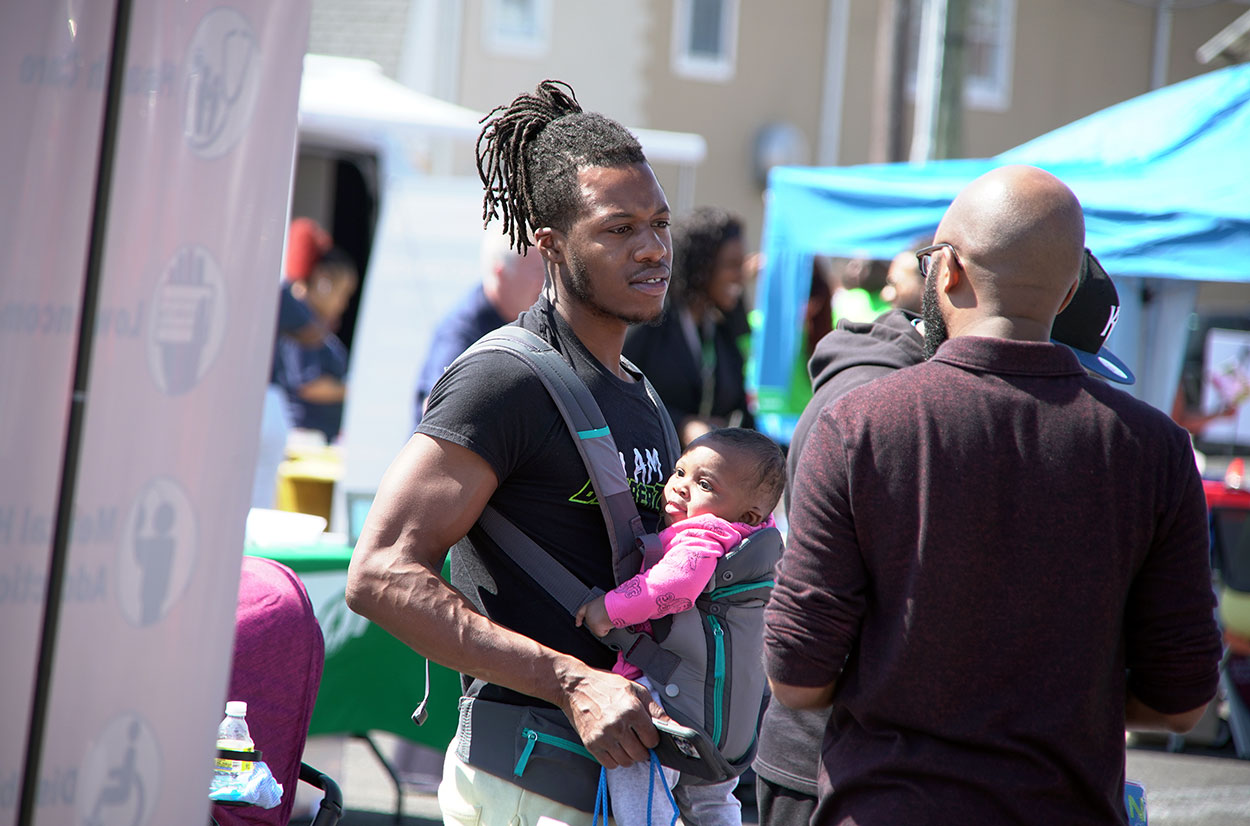
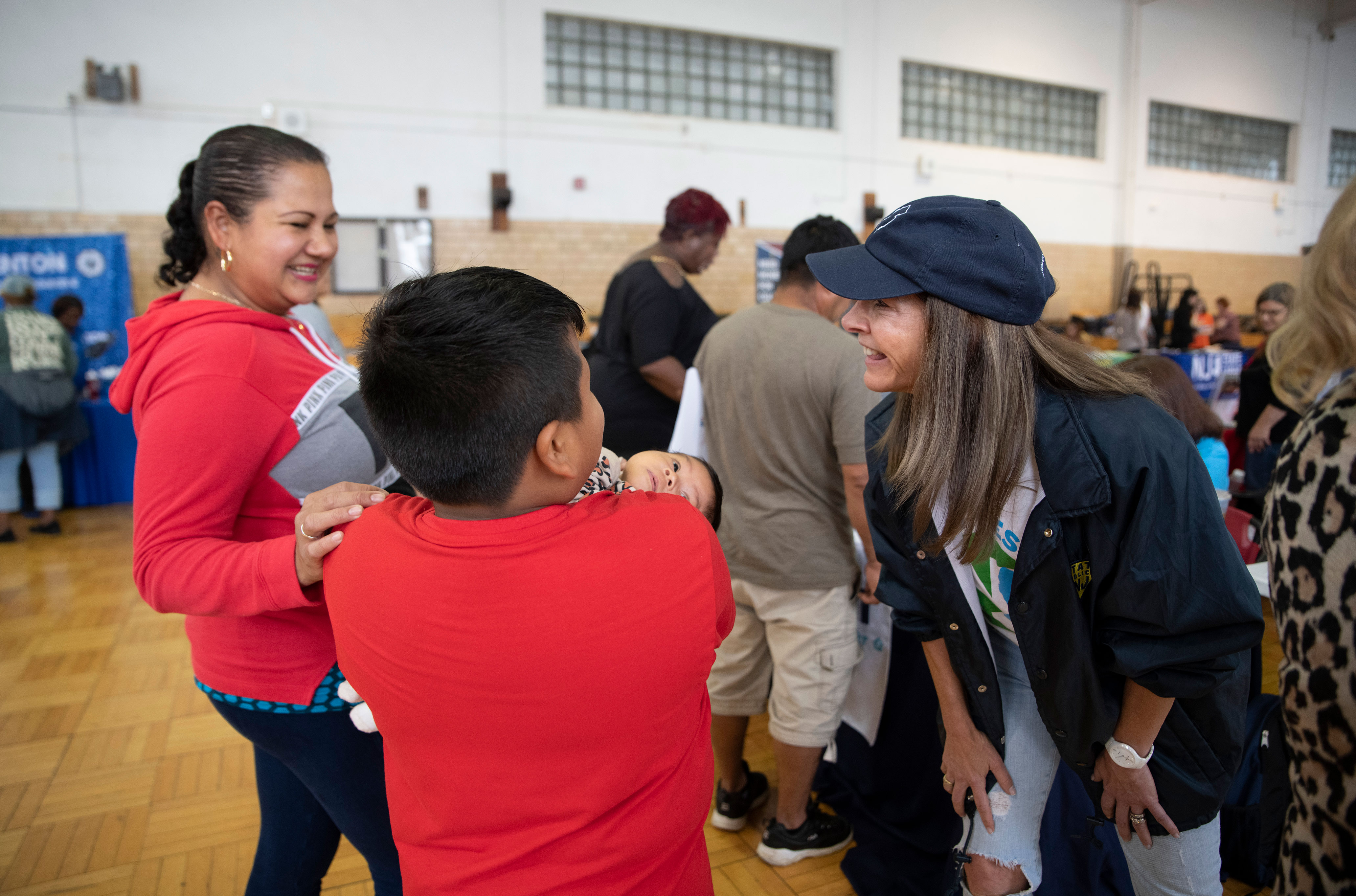
Nurture NJ Leadership Summits
Each Summit focuses on further implementation and assessment of the Nurture NJ Maternal and Infant Health Strategic Plan through small group discussion.
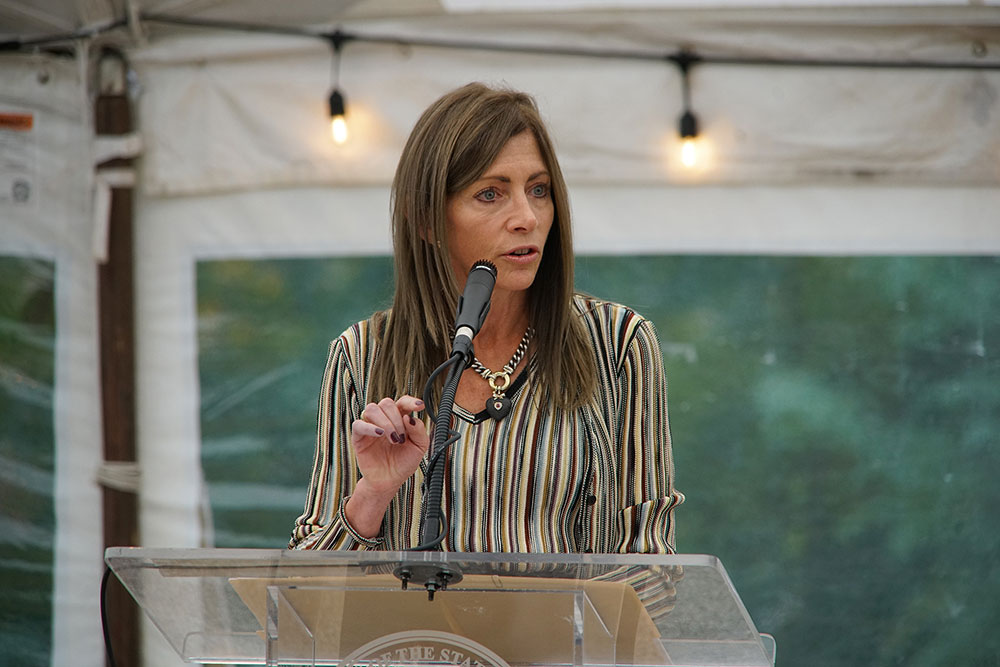
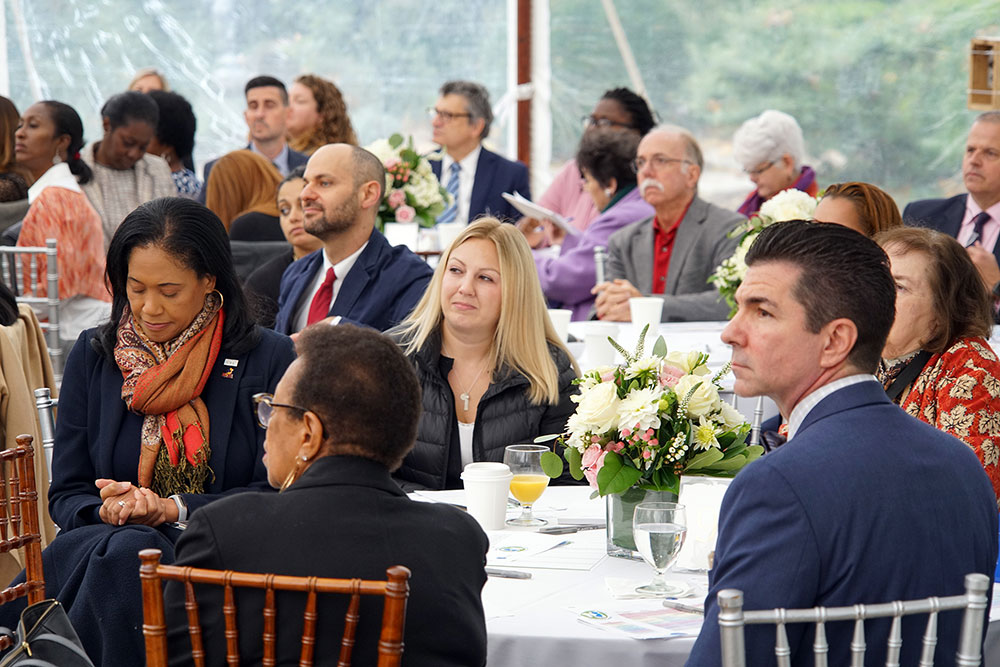

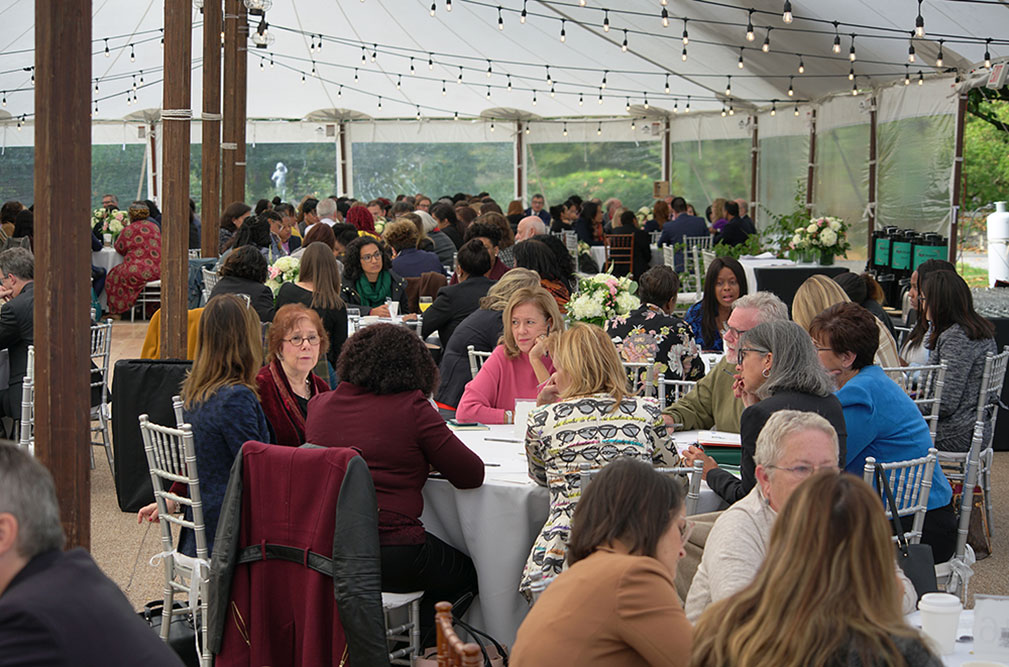
Ask an Expert
Check out our past episodes here.
Press Releases
 Official Site of The State of New Jersey
Official Site of The State of New Jersey
